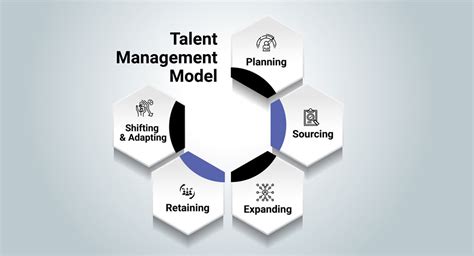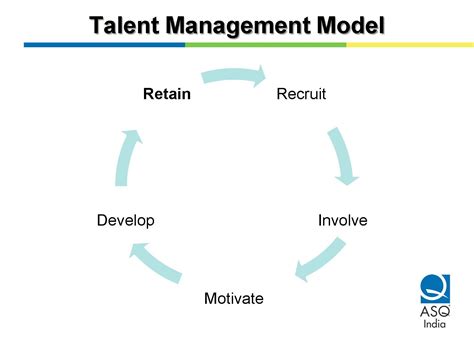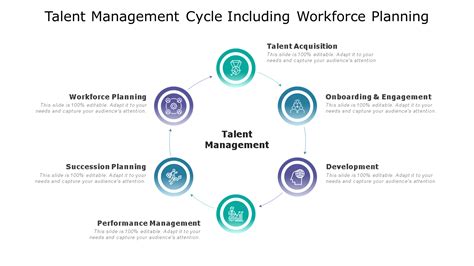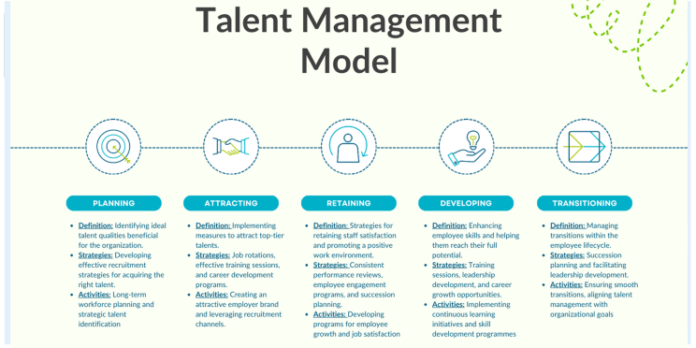In today’s complex and dynamic business landscape, defining leadership has become an increasingly nuanced task. Leadership is more than just managing people; it embodies inspiring teams, fostering innovation, and driving organizational success. This comprehensive review explores the evolution of leadership through historical perspectives, highlighting the key traits that define effective leaders. We delve into various leadership styles, examining their unique impacts on team performance and organizational culture. Furthermore, the significance of communication as a core component of leadership will be discussed, along with strategies to develop essential leadership skills. By understanding these elements, readers can gain a deeper insight into what truly constitutes effective leadership and how to cultivate these attributes in their own professional journey.
rosawblog.com will provide a detailed exploration of this topic.
1. Introduction
In the ever-evolving landscape of modern business and society, the concept of leadership continues to be a pivotal and dynamic force. While leadership has been an essential element of human organization and civilization, its definition and application have shifted dramatically with the changes in technology, culture, and the workplace. Today, the defining features of effective leadership are not only about guiding a team toward common goals but also about inspiring innovation, fostering adaptability, and nurturing a sustainable vision for the future.
This article offers a comprehensive review of leadership, delving into its historical roots to understand how the notion of leadership has evolved over time. By exploring key traits that make an effective leader, such as emotional intelligence, decisiveness, and integrity, we seek to illustrate the timeless qualities that transcend different leadership models. Furthermore, the discussion will encompass various leadership styles and their impact on organizational outcomes, highlighting the critical role communication plays in effective leadership. Finally, we will outline practical steps to develop these skills, helping current and aspiring leaders navigate the complexities of their roles and contribute meaningfully to their teams and organizations.

2. Historical Perspectives on Leadership
Throughout history, the concept of leadership has undergone significant transformations, evolving with societal needs and cultural shifts. In ancient times, leadership was often equated with authority and power, as seen in the figures of kings, pharaohs, and military generals who ruled through a combination of divine right and force. During the Middle Ages, leadership became closely associated with nobility and the feudal system, where leaders were expected to maintain order and loyalty among their subjects.
The Renaissance and Enlightenment periods brought about a more humanistic and philosophical approach to leadership, emphasizing individualism and the importance of moral integrity. Leaders such as Machiavelli and Locke introduced ideas that prioritized strategic thinking and the social contract between leaders and followers.
In the industrial era, leadership theories shifted towards efficiency and productivity, with a focus on scientific management and hierarchical structures. Today, the understanding of leadership has expanded to include diverse styles, adaptability, and emotional intelligence, reflecting the complexities and demands o

3. Key Traits of Effective Leaders
Effective leaders share a set of key traits that enable them to inspire, guide, and achieve desired outcomes within their teams and organizations. Foremost among these traits is emotional intelligence, the ability to understand and manage one’s own emotions as well as empathize with the emotions of others. This skill allows leaders to create strong interpersonal connections and build trust among team members.
Another critical trait is decisiveness, which enables leaders to make informed decisions quickly and confidently, even in uncertain situations. This quality ensures that teams remain focused and motivated, minimizing disruptions and delays.
Integrity is also essential, as leaders who consistently demonstrate honesty and ethical behavior earn the respect and loyalty of their teams. Additionally, adaptability allows leaders to navigate the challenges of a rapidly changing environment and to encourage innovation and resilience within their teams.
Together, these traits form the foundation of effective leadership, allowing leaders to cultivate a positive and productive work culture that drives success and growth.

4. Leadership Styles and Their Impact
Leadership styles vary greatly, each bringing unique advantages and challenges that significantly impact team dynamics and organizational outcomes. One of the most well-known styles is autocratic leadership, where the leader maintains strict control over decisions and processes. This style can lead to high efficiency and clear directives but may also stifle creativity and reduce team morale.
In contrast, democratic leadership encourages team participation and values input from all members. This approach fosters a collaborative environment and can enhance team satisfaction and innovation. However, it may also slow down decision-making processes, particularly in times of crisis.
Transformational leadership is characterized by leaders who inspire and motivate their team to achieve extraordinary results, often by focusing on the team’s collective goals and personal development. This style can lead to high levels of engagement and productivity but requires a high degree of charisma and commitment from the leader.
Lastly, laissez-faire leadership grants team members a high degree of autonomy, allowing them to take the initiative and make decisions independently. While this can boost creativity and innovation, it may also lead to a lack of direction and accountability if not managed properly.
Understanding these styles and their impacts helps leaders choose the most appropriate approach for their team and organizational goals, ensuring effective leadership across diverse contexts.
5. The Role of Communication in Leadership
Communication is a cornerstone of effective leadership, serving as the vital link between a leader’s vision and their team’s understanding and execution of that vision. Effective leaders use communication to articulate clear goals, expectations, and feedback, ensuring everyone is aligned and working towards the same objectives. This clarity helps prevent misunderstandings and conflicts, fostering a positive and productive work environment.
Moreover, good communication enhances the leader’s ability to inspire and motivate their team. By sharing compelling stories, using persuasive language, and expressing genuine enthusiasm, leaders can ignite passion and commitment among their team members.
Communication also plays a crucial role in building trust and rapport within a team. Leaders who actively listen and provide constructive feedback create an environment where team members feel valued and heard, leading to increased engagement and loyalty.
In the context of change and uncertainty, effective communication is even more critical, as it helps leaders manage transitions smoothly and keep their teams informed and resilient. Overall, the role of communication in leadership is essential for fostering a cohesive and high-performing team.
6. Developing Leadership Skills
Developing leadership skills is a continuous process that involves self-reflection, learning, and practical application. One of the first steps in this journey is understanding and evaluating one’s own strengths and weaknesses. Self-assessment tools and feedback from peers and mentors can provide valuable insights into areas that need improvement.
Setting specific goals for personal and professional development is crucial. Leaders should identify the skills they need to develop, such as emotional intelligence, decision-making, or strategic thinking, and create a plan to acquire these skills through targeted training, workshops, or mentorship programs.
Practical experience is equally important in developing leadership skills. Taking on new challenges and responsibilities, even in small increments, allows aspiring leaders to apply their knowledge in real-world scenarios and learn from their experiences. This hands-on approach helps to build confidence and adaptability.
Additionally, leaders should cultivate a habit of continuous learning, staying updated with the latest trends and theories in leadership and management. This can be achieved by reading books, attending seminars, and engaging with a community of like-minded professionals.
Ultimately, developing leadership skills is an ongoing process that requires commitment, effort, and a willingness to embrace change and grow personally and professionally.
7. Conclusion
In conclusion, the concept of leadership is both timeless and ever-evolving, shaped by historical contexts and contemporary demands. As we have explored, effective leadership encompasses a range of traits and styles, each contributing uniquely to the dynamics of team management and organizational success. Understanding these key traits—such as emotional intelligence, decisiveness, and integrity—enables leaders to foster a positive and productive environment.
Leadership styles, from autocratic to democratic and transformational, offer different approaches to guiding teams, each with its own set of benefits and challenges. Recognizing the impact of these styles helps leaders select the most effective approach based on their specific context and objectives.
Communication stands out as a fundamental element in leadership, crucial for aligning goals, inspiring teams, and managing change. By mastering the art of clear, engaging, and empathetic communication, leaders can build trust, enhance team cohesion, and drive success.
Finally, developing leadership skills is a continuous journey that involves self-assessment, goal setting, practical experience, and lifelong learning. Embracing these practices ensures that leaders can adapt to evolving challenges and inspire their teams to achieve outstanding results. Effective leadership is not just about guiding others but also about personal growth and commitment to fostering an environment where both individuals and organizations can thrive.
rosawblog.com
